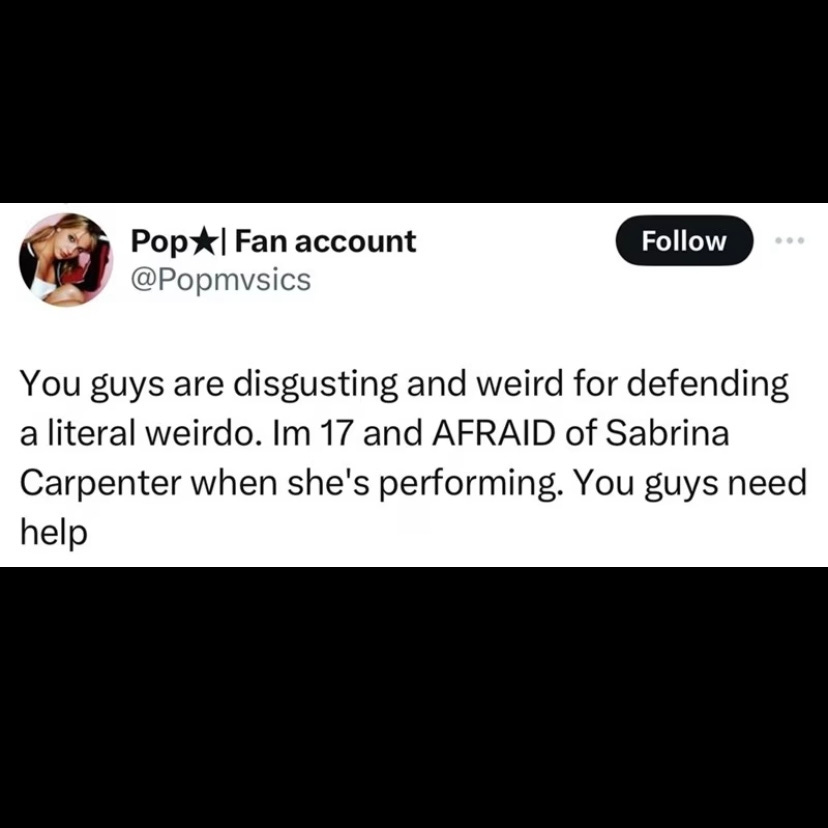The term cancel culture became popularised in the late 2010s and early 2020s, and essentially refers to the phenomenon of boycotting, blacklisting and/or verbally abusing individuals believed to have behaved badly. Usually this cultural reckoning takes place on social media. As detailed in Jon Ronson’s great book So, You’ve Been Publically Shamed? cancel culture is an inefficient method for de-platforming people with actual power who have been accused of actual crimes. I can think of a handful of people who I think deserve to be ‘cancelled’ read: imprisoned, for a myriad of heinous reasons, but they’re all rich, so it doesn’t really work on them. It does work on normals, however. If an individual without power or influence does something publicly unacceptable (and the definition of ‘unacceptable’ can range in severity from alleged sexual assault all the way down to poorly worded tweets), then they can expect death threats, doxing and phone calls to their boss detailing all of the reasons they should be fired.
This behaviour was often well-intentioned but, like with everything that takes place on the internet, there was a dangerous lack of nuance and overabundance of ego that left me reading up on a lot of these situations with a bad taste in my mouth. I think cancel culture stemmed from a cultural feeling of powerlessness; as children, we are taught by the media we consume that bad people are punished and good people are rewarded, and then we come of age and realise that it’s often the other way round. And that discovery is radicalising, of course it is, I felt it too! And dog-piling on the internet’s villain of the week is a great way to feel like you’re making positive change. In reality, it’s a great way to satiate our angry mob urges whilst preventing any need for self-accountability because you’re doing the right thing, aren’t you? It inspires black and white thinking and dehumanisation of the ‘target’; but you don’t need to have any compassion because the person you’re attacking is bad, right?
The long-term effects of public shaming as a response to poor behaviour is that we’re raising a generation of people who think that every public mis-step is a cancellable offence and any deviation from the norm is potentially ‘problematic’.1 Everyone is so puritanical now that it genuinely feels like we’ve taken a huge step backwards when it comes to conversations around sex, pleasure and gender specifically, and in some instances, it’s making you bitches indistinguishable from the alt-right. Remember the kink at pride discourse?2 Remember the sex in movies discourse? As a child growing up in a rural area, I used to go online to find opinions that went against the prejudiced thinking I was hearing in school, and now I go on Tik Tok and see an ocean of wildly-conservative takes packaged up as ‘wokeness’. By critiquing and shaming any deviation from the norm, we’re perpetuating binaries and small mindedness; and I thought that was the thing we were fighting against in the first place.
You’re probably reading this like ok, what does this have to do with Ariana Grande? And the answer is EVERYTHING. I could have put any (female????) public figure in the title box; Sabrina Carpenter, Taylor Swift, Selena Gomez, Chappell Roan, Miley Cyrus, Charli XCX - the list is endless. I believe that this cultural shift has caused fans/consumers to hold celebrities to wildly unattainable moral standards and feel confident (and even empowered!) about attacking them when they fall short. I read scandal after scandal about people in the public eye and the centre of the controversy is almost always an accusation of immoral behaviour that is being treated as if it’s a criminal act. And it’s worse for women in the public eye because isn’t everything?
I cannot stress how weird it is to have a strong opinion on whether Ariana Grande’s new boyfriend’s cheated on his wife3. Ariana Grande is a public figure whose job is to sing, act and be generally entertaining; she has no professional imperative to behave in a manner that is acceptable to you. When we accuse these people of immoral behaviour and denounce them as a result, we perpetuate the idea that celebrities are higher beings than we are, and should be held to a higher standard. It’s the role model conundrum, right? My daughter loves Ariana Grande and I don’t want her to think that cheating is okay! And my answer to that is that it is your job to parent your own child, not Ariana Grande’s. Like why are you looking to a pop star for parenting cues in the first place?
This attitude has got so bad that I have seen multiple tweets and think pieces discussing whether it is appropriate for Sabrina Carpenter (an adult) to mime sex positions during her own tour to promote her own album. I actually feel like I’m taking crazy pills here!!!! Creatively, this kind of thinking has dire repercussions; it blocks the creation of boundary-pushing art and literature because artists are afraid that their work might generate a backlash that could ruin their careers. It’s flattening our cultural landscape and making art timid and same-y. When you criticise pop stars and public figures for moral transgressions or attempts at subversion, you tell them that you do not want their humanity to bleed through into their art and performance. You get one-dimensional pop stars and bad art. You get whatever Katy Perry’s last album was. Is that what you want?? Is it really????
I am so unbelievably sick of this word. It’s lost all meaning.
I hate this word too
This is an interesting one as well, seeing as Grande is being decimated online for something her boyfriend may or may not have done. It’s a form of sexism I thought we left in the 2010s, but whatever!



